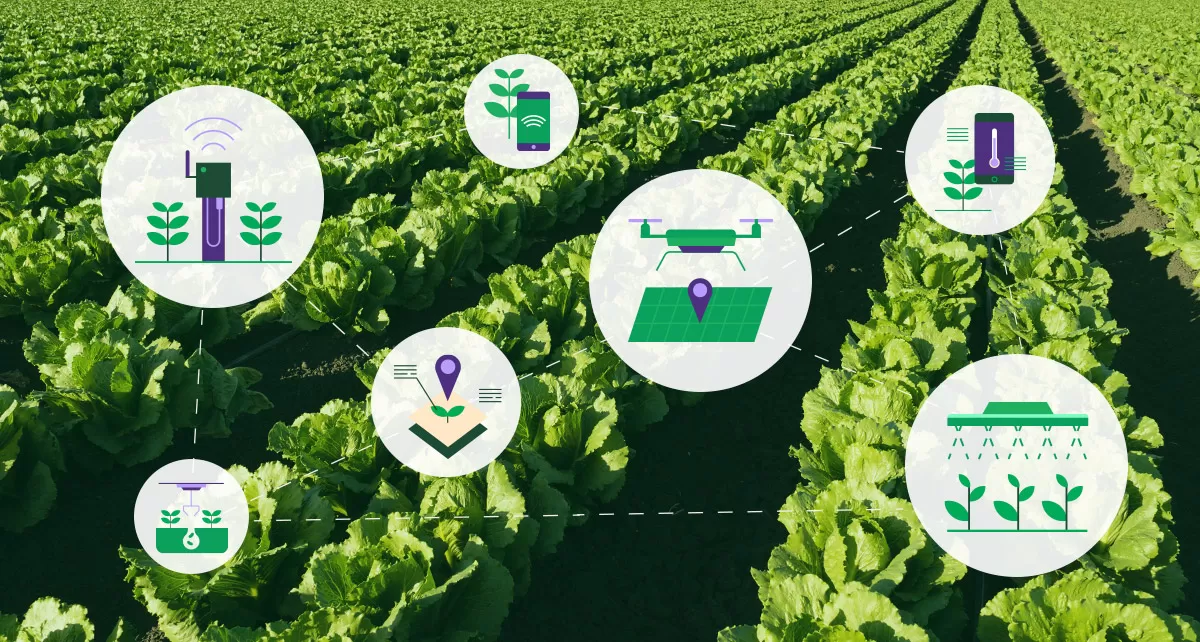
The agriculture industry is undergoing a significant transformation, driven by rapid advancements in technology.
From precision farming and automation to the use of Artificial Intelligence (AI) and Internet of Things (IoT), agri tech is reshaping the future of agriculture. As the sector evolves, so too do the skills required by the agriculture workforce of tomorrow.
Emerging Technologies in Agriculture
Advancements in agri tech are bringing about more efficient and sustainable farming practices. Precision agriculture, for instance, uses GPS mapping and IoT sensors to optimise crop management and yield. Similarly, drones are being used for crop monitoring and spraying, and robotics are taking over labour-intensive tasks.
The increasing use of data analytics and AI in agriculture is helping farmers make smarter decisions. For instance, predictive analytics can help foresee pest outbreaks, while machine learning algorithms can optimise irrigation schedules based on weather forecasts and soil conditions.
The New Skill Set
As technology becomes increasingly integral to agriculture, the industry’s demand for tech-savvy professionals is growing. Here are some of the key skills that will be needed in tomorrow’s agriculture industry:
1. Digital Literacy: As farming becomes more digitised, basic digital literacy – understanding how to use digital tools and platforms – is crucial. This includes everything from operating advanced machinery to using cloud-based software for data analysis.
2. Data Analysis: With the proliferation of big data in agriculture, there’s a growing need for skills in data analysis. Understanding how to interpret and use data can help improve decision-making and increase farm productivity.
3. Robotics and Automation: As robots become more common in farming, understanding how to operate and maintain these machines will be important. This includes knowledge of programming, machine learning, and mechanical repair.
4. Sustainability Practices: With a growing emphasis on sustainable farming, knowledge of sustainable practices and technologies is increasingly valuable. This includes understanding how to use tech to reduce water and energy usage, minimise waste, and promote biodiversity.
5. Problem-Solving: The integration of tech in farming brings its own set of challenges. Problem-solving skills will be vital for troubleshooting tech issues, interpreting data, and making strategic decisions based on this information.
Preparing for the Future
To prepare for this technological shift, agribusinesses must invest in upskilling their workforce and recruiting new talent with the necessary tech skills. At Agri Talent, we understand the evolving skills landscape in the agriculture industry.
We can help you find the right talent with the skills to navigate the future of agri tech and drive your business forward.

